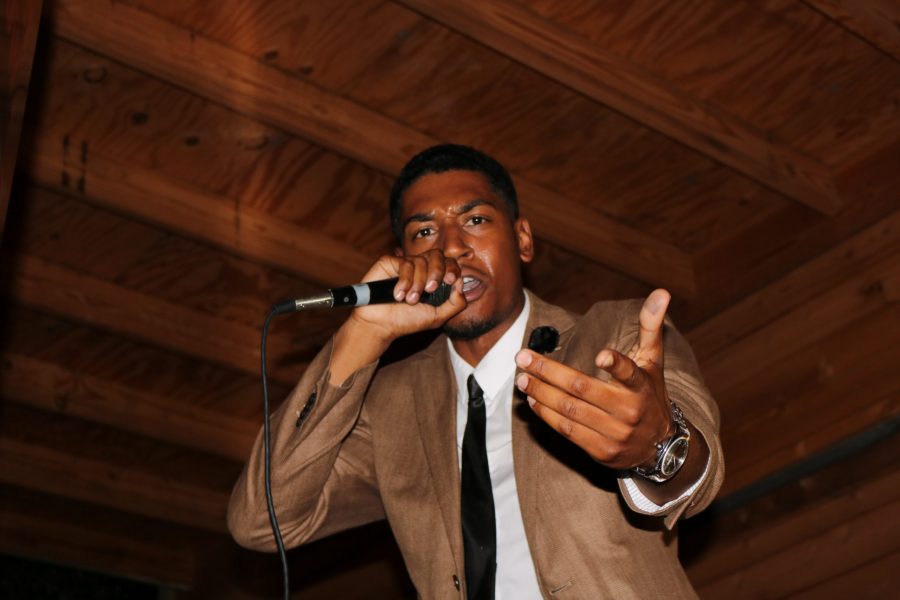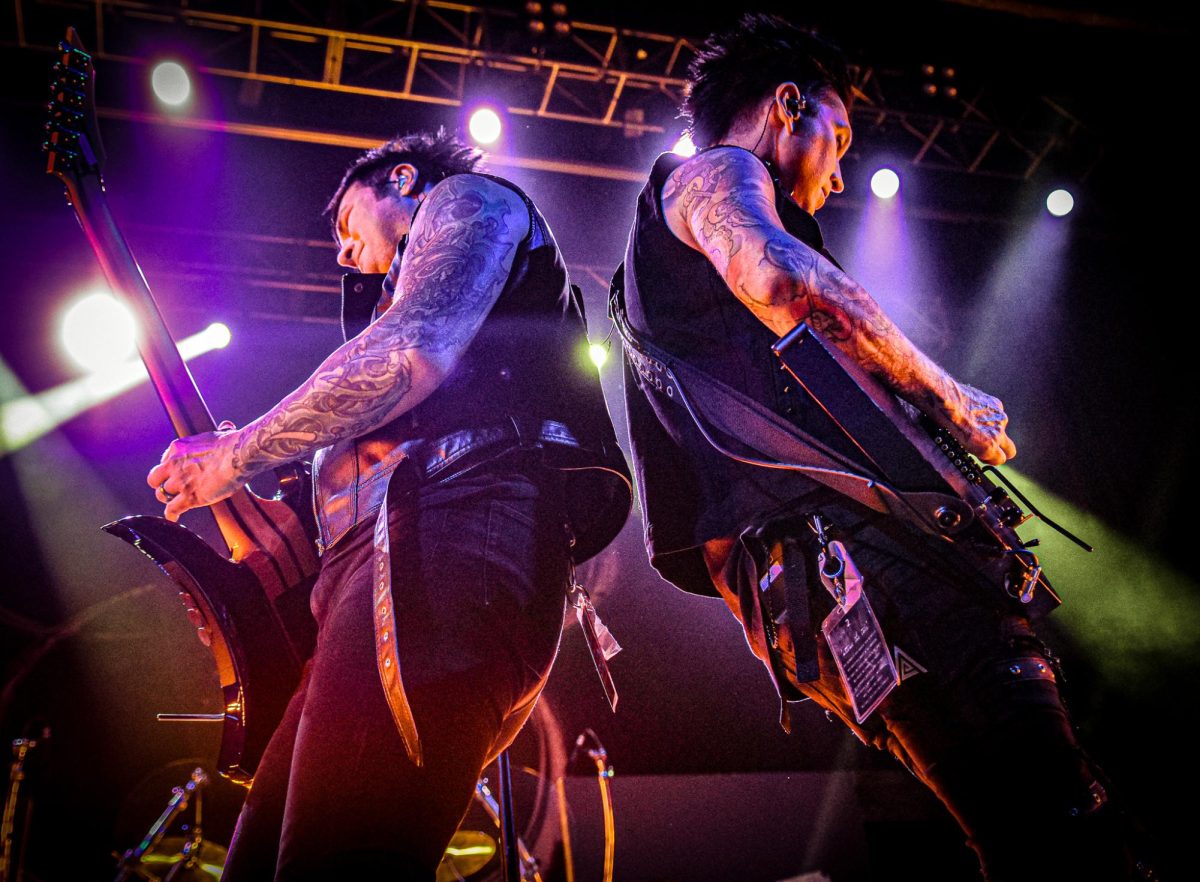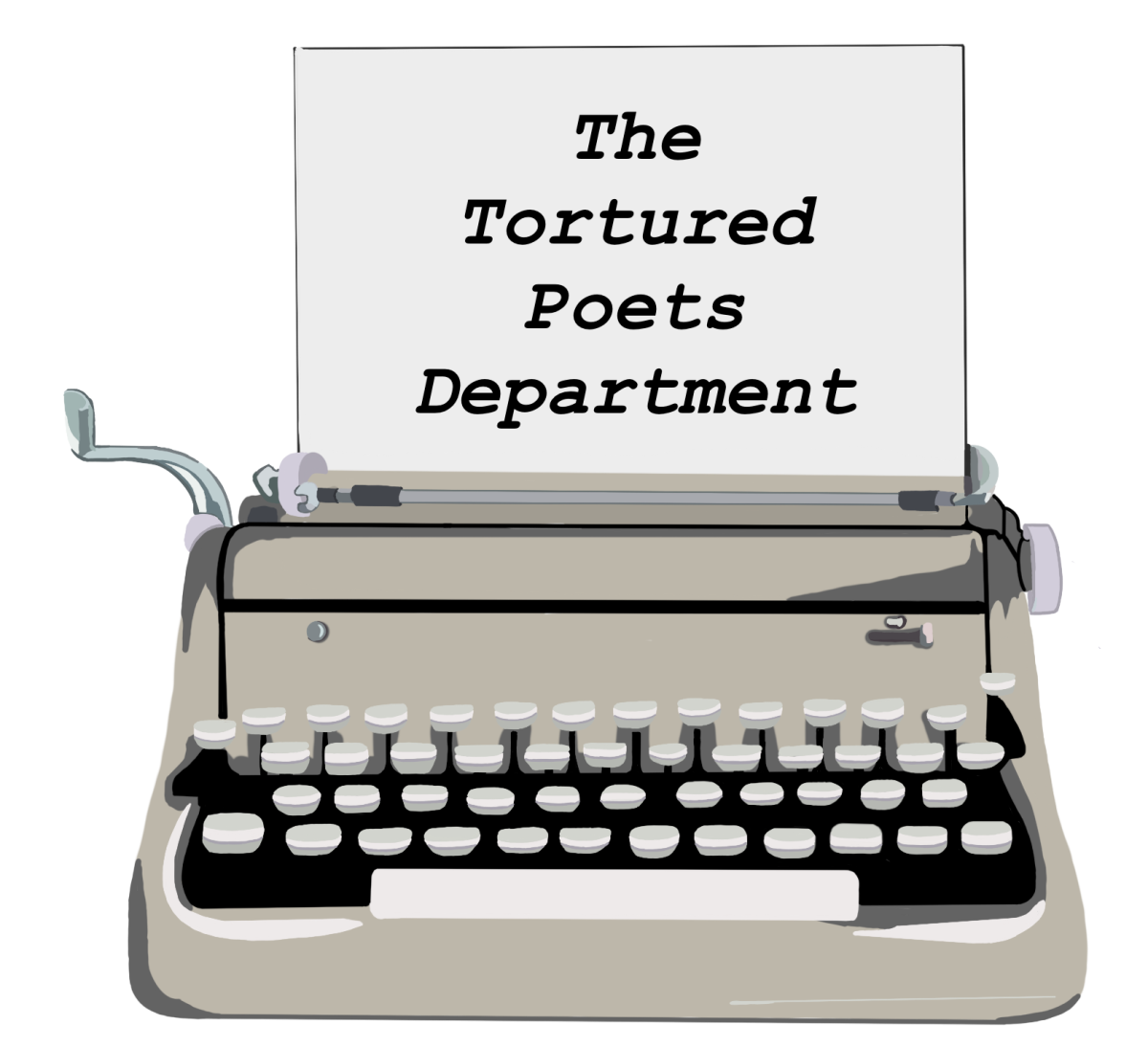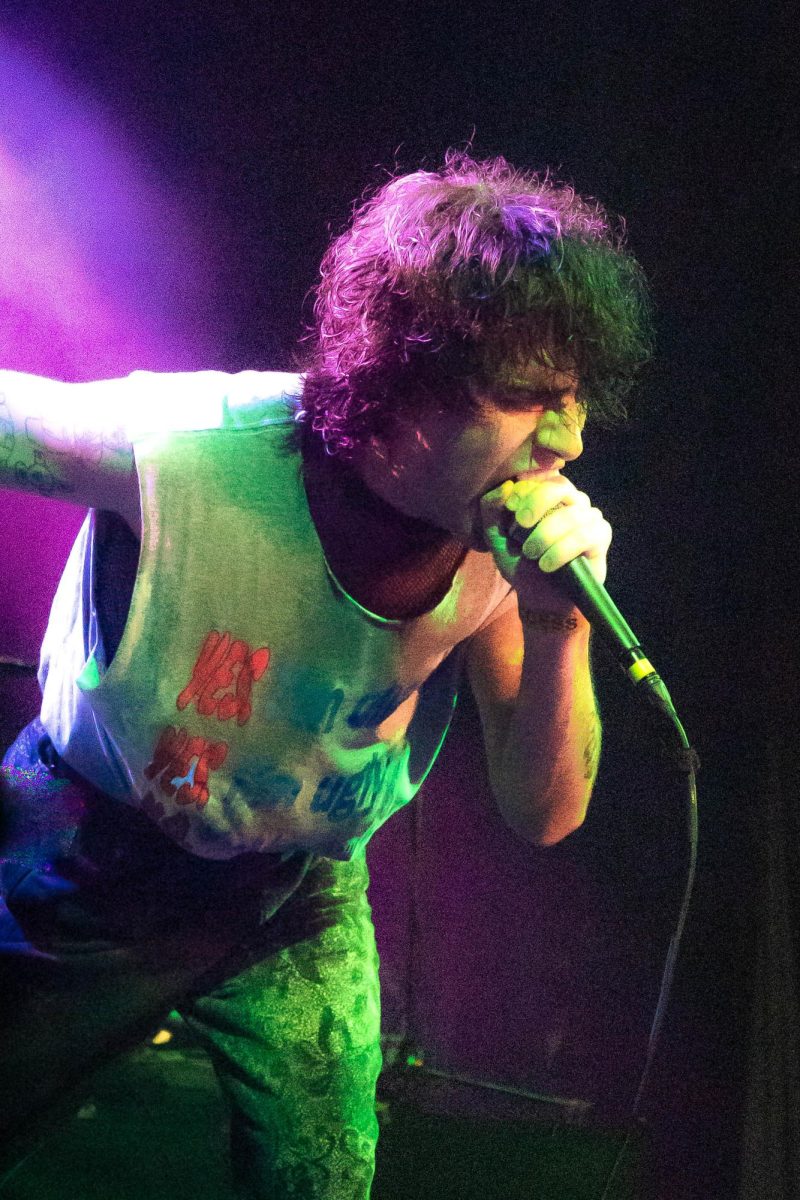“I don’t vote,” said one uninterested passerby. “It doesn’t matter anyways, right?”
This is the type of attitude that representatives of local community-based organizations like MOVE San Antonio–and other individuals committed to increasing political participation–are trying to change as they engage young people in the UTSA community.
“We as young people are too nonchalant about who our leaders become,” said recent UTSA graduate Sterling Green. “We want to complain about a lot of the issues going on in our society, yet we don’t want to really stand up and say anything about it.”
This commitment motivated Green to organize an event where patrons could enjoy a politically conscious hip-hop show and register to vote as they entered. The event, which took place on Thursday, Sept. 15 at The Well, was executed with the support of UTSA’s NAACP and Black Lives Matter (BLM) chapters.
AK4T and W$B Boys opened the event, and the headline featured a rap battle between Green and Dot-O that mimicked the structure of a political debate, complete with DJ-turned-moderator.
MOVE San Antonio Field Organizer Alyssa Pope, Senior biology major and member of UTSA BLM Ashley Billard, local NAACP Assistant Secretary Isha Clayton and volunteer Sharoya Hall were also there to speak with–and listen to–potential voters.

“I always try to approach (those who think voting doesn’t matter) from a point of understanding,” said Alyssa Pope, field organizer for MOVE San Antonio. “You can come at them with all the facts and statistics in the world, whatever. It’s not going to matter if they think you’re not listening.”
Other environments may offer better opportunities for dialogue, but fusing local art and advocacy at popular college hangouts reinforces political participation as an inherently social activity. The time it takes to fill out the form also offers an opportunity to stress the importance of acting locally.
“A lot of us feel like our vote doesn’t matter right now,” said Green. “I think that comes from looking at the general election. You’re expecting your whole nation to change from a presidential level, but you don’t vote in your own community.”
“We need to understand that the local elections are where the real change begins.”
A variety of obstacles–or perceived obstacles–prevent students from voting, but according to Pope and Green, apathy and lack of awareness are the two most common.
Pope expressed the belief that many young voters are simply unaware of the process, and the fear of being treated condescendingly by more seasoned voters discourages many from asking for help.
“The process to get registered and stay registered is such a complicated process,” said Pope, “and it’s one that’s never taught to us as young people. Students in high school don’t really have a section on civic engagement in their government class; I know I didn’t.”
While Pope stressed understanding as a way of connecting with disenfranchised voters, Green emphasized the same concept as a necessity to making democracy work for citizens.
“Just being aware, that’s the big thing,” Green continued. “We need to understand why (voting) is important. That’s where it starts–the understanding.”












